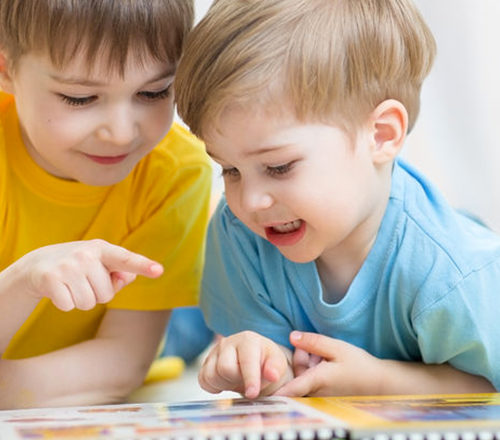Nature has programed us to respond to danger in fractions of a second. With the help of cortisol, also called stress hormone, we immediately decide whether to fight or flee. In times long gone by such a decision was part of everyday life and served the purpose of saving our life at the lowest possible...
Mese: <span>Maggio 2017</span>
LET’S BE RATIONAL
Psychologists wonder why children can be very rational in their arguments (particularly if there is something to gain for them) yet often incapable of understanding concepts related to maths or physics. Adults too are good at reasoning in certain contexts but may be hopeless in understanding issues concerning statistics. They suggest that reasoning is not...
IT’S DISGUSTING
Feeling disgusted about something is a sensation that in evolutionary terms helps protect us from disease. The feeling is still young (a few hundred thousand years old) respect to other responses such as anger or fear that appeared already a few million years ago. Because so young its use is still imprecise. Children use the...
ELIMINATING WHAT IS UNNECESSARY
The Aleut were a population that lived on some islands in the North Pacific with very little vegetation and no trees while the Tlingit lived on islands with lots of forests. For this reason, the former built their boats pasting together wood fragments found on beaches, whereas the latter cut down whole trees and dug...
KIDS AND TV
Of the many reasons why children should not spend too much time in front of TV, I’ll choose two. First, the time lapse between one TV image and the next is in milliseconds. Instead, when we look at things around us like a tree and then a dog the time lapse in passing from one...
TOO SMALL TO UNDERSTAND
A father recently told me that he and his wife no longer went to art exhibitions as they had two kids aged two and four years who would not understand anything of what they saw and might even try to touch the precious works of art. Would we ever say that we should not speak...
COULD YOU PLEASE GIVE ME A TURNIP?
At eighteen months of age infants understand the intentions of adults even when these are only hinted and not followed-up on. However, they do not understand the intentions of an inanimate model that copies the same actions performed by a person. Show a group of 18-month old infants a plate of broccoli and another group...







